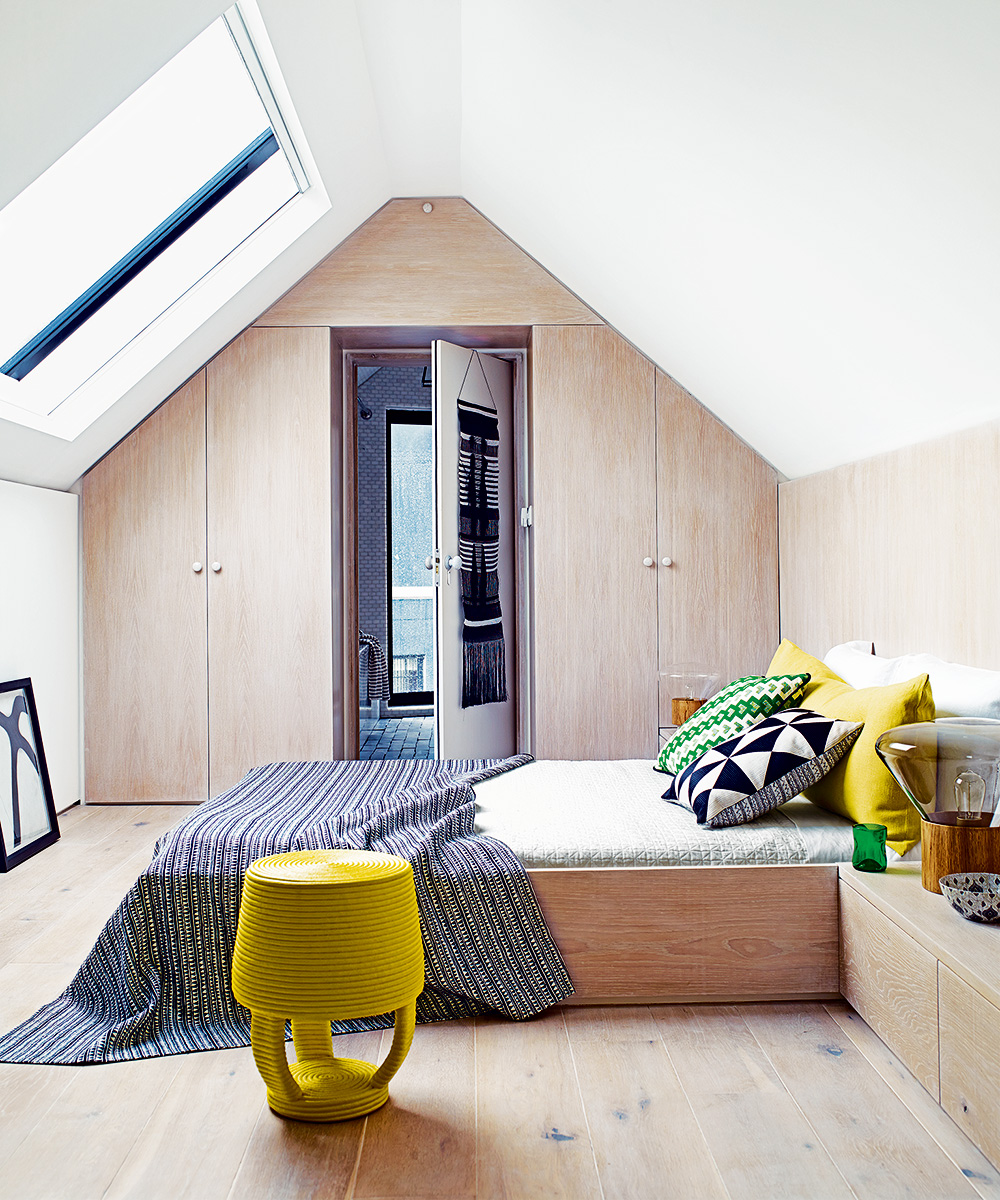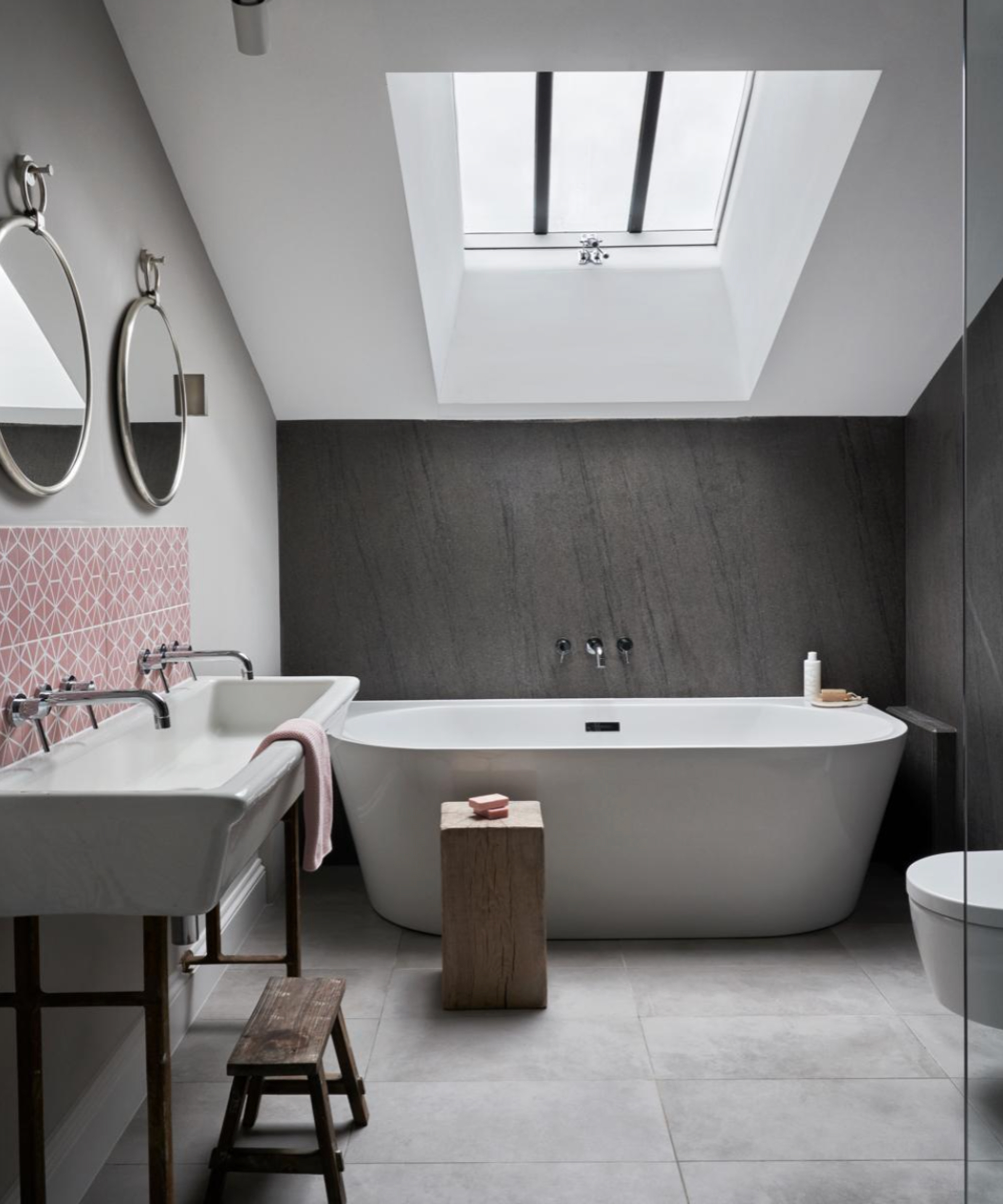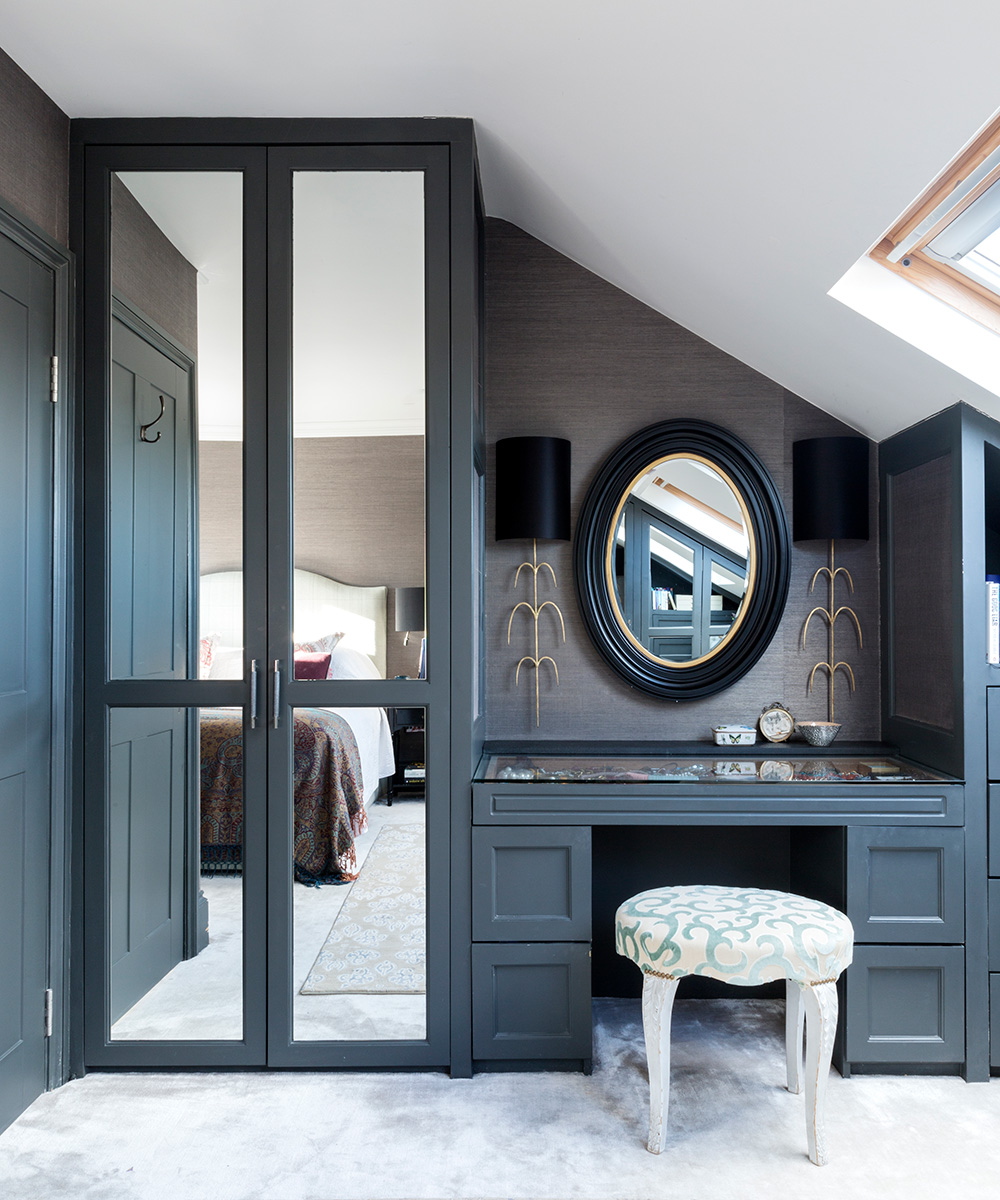The one home improvement that will add the most value to your property
Brand new data shows that if you only make one improvement to the home you're hoping to sell for more, it should be this one


If the primary reason you're planning to embark on a home improvement project this year is to eventually sell at a great price, then you'll want to know the best ways to add value to your home by adding, remodelling, or renovating one or perhaps multiple areas.
However, if the return on your investment is your main concern, not all home improvements are created equal. Some, while they may be very desirable to you, the current owner, may even do more harm than good to your property price.
Most of us have limited resources when it comes to funding a major home project, and typically the choice is between making a few cosmetic changes here and there, or go for one substantial improvement – usually an addition to the existing liveable space. Which one should you go for?

According to brand new research, you should definitely go for the latter renovation idea, and the one home improvement that will almost certainly make a dramatic difference to your home value is an attic – or loft – conversion.
The research into live Rightmove listings* revealed that adding a loft conversion to your home can add almost 20 per cent to its value (or even 25 per cent if you live in a big city where space is limited) – although expert opinion on whether it's always the best option for every house varies.
Does an attic or loft conversion add value to a house?
Attic conversion experts at Abbey Lofts point out that the maximum value add-on of 20-25 per cent will likely be achieved only if you create 'the perfect self-contained sleeping space' in your attic – that is, a bedroom with an ensuite. And this will only work in an area where larger, family homes 'are scarce'. If you already live somewhere where spacious, multi-bedroom homes are abundant, a loft conversion is unlikely to have the desired effect on your house price.

Louis Harding, Head of London Residential Agency at Strutt & Parker, advises to also be aware of the inevitable impact of a conversion on the amount of storage the home will have.
Design expertise in your inbox – from inspiring decorating ideas and beautiful celebrity homes to practical gardening advice and shopping round-ups.
'You will have to consider how you incorporate additional storage space into your home to make up for the storage space you are losing,' he explains. If you are planning on living in your home for a good while longer, adding a loft conversion may simply not be practical enough.
However, having said all that, loft conversions are having a renaissance, not least because home owners are increasingly using theirs as home offices. Once something of a niche offering, a home office is now one of the most in-demand property features, with demand in London alone going up from eight to 27 per cent in 2020, according to Benham & Reeves.
Although converting your loft into a home office won't fetch you as much added value as an ensuite bedroom – 10 per cent as opposed to 20 – it is also likely to be at the cheaper end of the typical loft conversion cost, so can still be well worth the investment.
* Research conducted by Flooring Superstore

Anna is a professional writer and academic. She taught English Literature for several years before joining Future where she wrote for Real Homes, Homes & Gardens and Livingetc for four years. She is a regular contributor for Parade Home, BiggerPockets, and many other publications. In her spare time, Anna enjoys hiking and gardening.